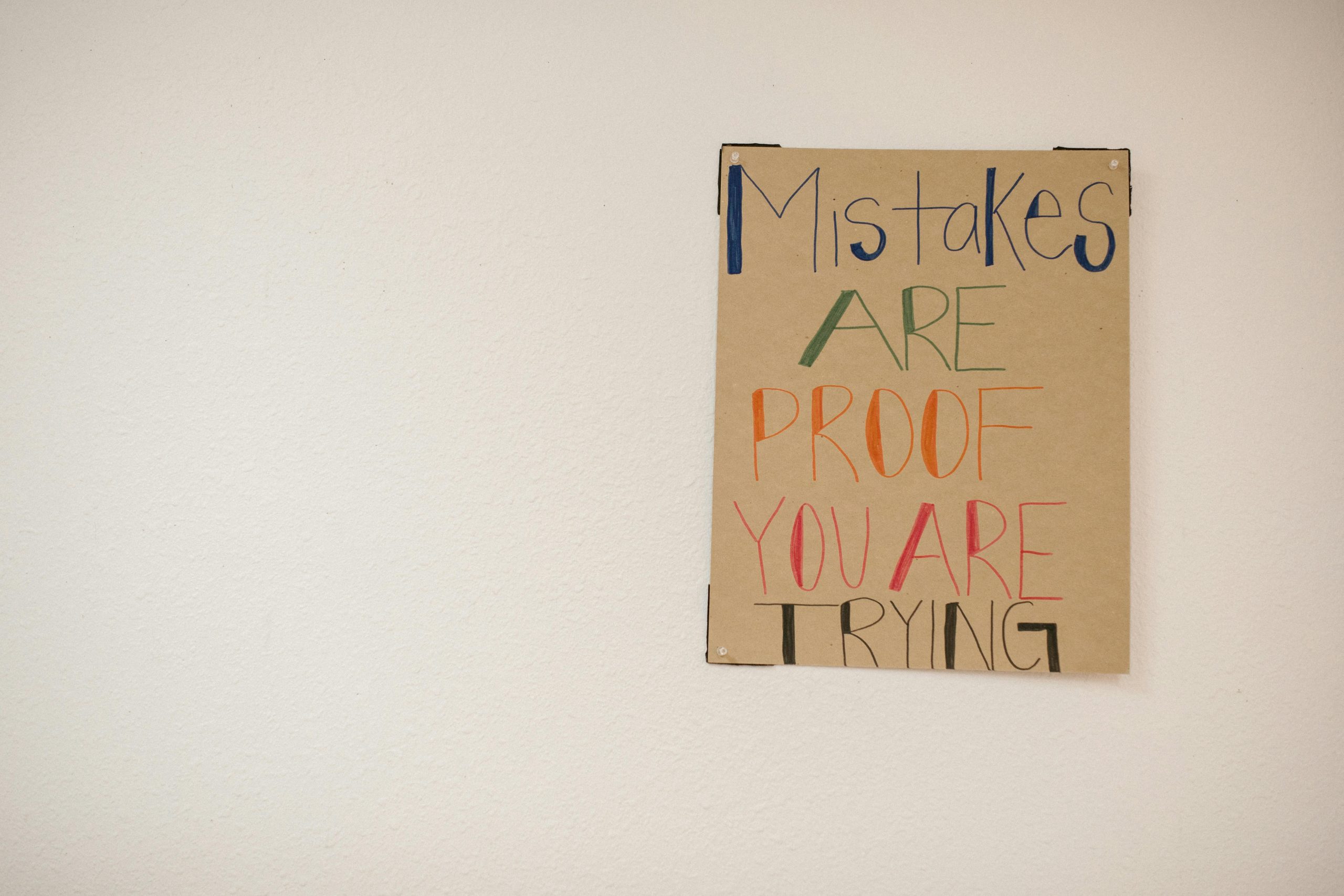Dealing with Ceiling Water Leaks in Rental Apartments: What Are Your Options for Reimbursement?
If you’re currently renting an apartment, especially in a temporary location like a student housing or internship housing, unexpected issues like ceiling leaks can be stressful. Recently, I encountered a situation that might resonate with many tenants: water leakage from the ceiling after severe storms, resulting in property damage and questioning the appropriate course of action for reimbursement.
My Situation Breakdown:
- Location: Student apartment in Atlanta, where I’m staying temporarily during an internship.
- Incident: Heavy storms caused ceiling leaks, leading to water dripping directly into my living space.
- Immediate Response: I promptly alerted management about the leak. The maintenance team initially deemed the size of the water container I used to catch the leak to be sufficient.
- Consequences: Despite prompt reporting, the leak persisted and damaged personal belongings, including my iPad, which was placed near my desk.
- Communication with Management: I requested reimbursement for my damaged device. Their response was that they do not consider such damages their responsibility and advised filing a claim through my personal renter’s insurance instead.
Key Takeaways and Recommendations:
-
Understand Landlord Responsibilities: Generally, landlords are responsible for maintaining the structural integrity of the apartment, including plumbing and roofing. If a leak is due to neglect or lack of maintenance, tenants may have grounds for a reimbursement claim.
-
Document Everything: Keep detailed records of the incident—photos of the leak, damaged belongings, correspondence with management, and any repair reports. This documentation can be invaluable if disputes arise.
-
Clarify Your Policy: Review your rental agreement to determine what damages are covered and the procedures for lodging claims or complaints.
-
Damage to Personal Property: Typically, personal belongings are not covered by the landlord’s responsibilities unless explicitly stated. In such cases, renters’ insurance is often the best avenue for reimbursement, but it’s important to weigh the costs and deductibles against the value of damaged items.
-
When to File a Claim: If the landlord’s negligence caused the leak, and it results in significant damage, consider consulting local tenant rights resources or legal advice. For minor damages, your own renter’s insurance may be more practical, provided it covers such incidents.
Final Thoughts:
Water leaks can cause substantial inconvenience and damage, but understanding your rights and the proper channels to address these issues is crucial. While landlords are generally responsible for repairs due to structural issues, personal property damage may require a different approach, such as



